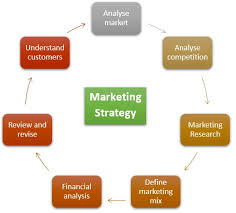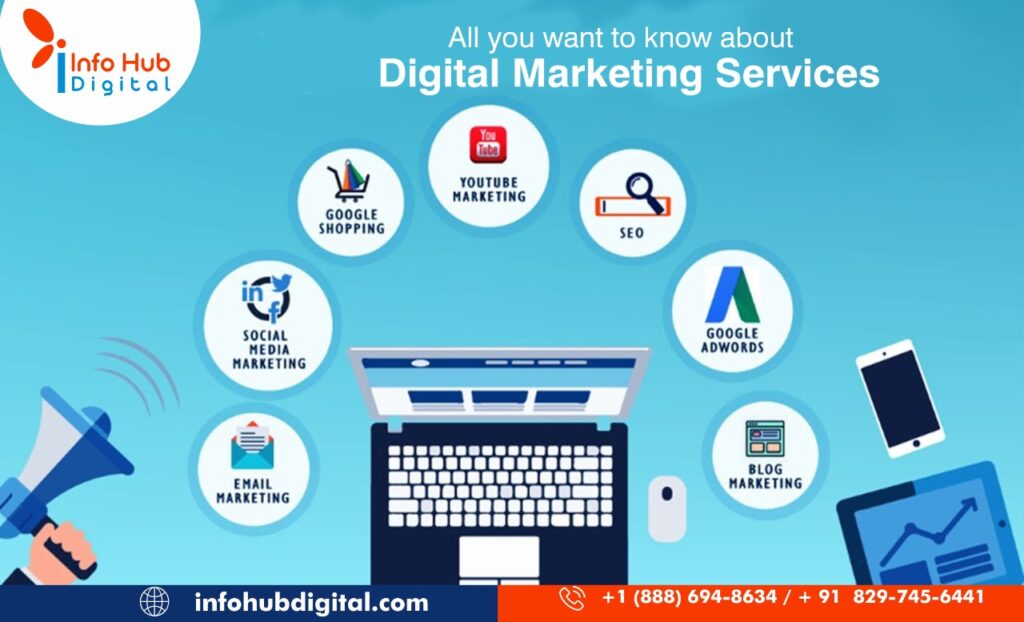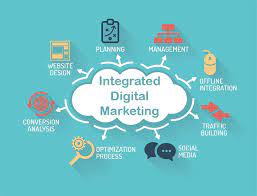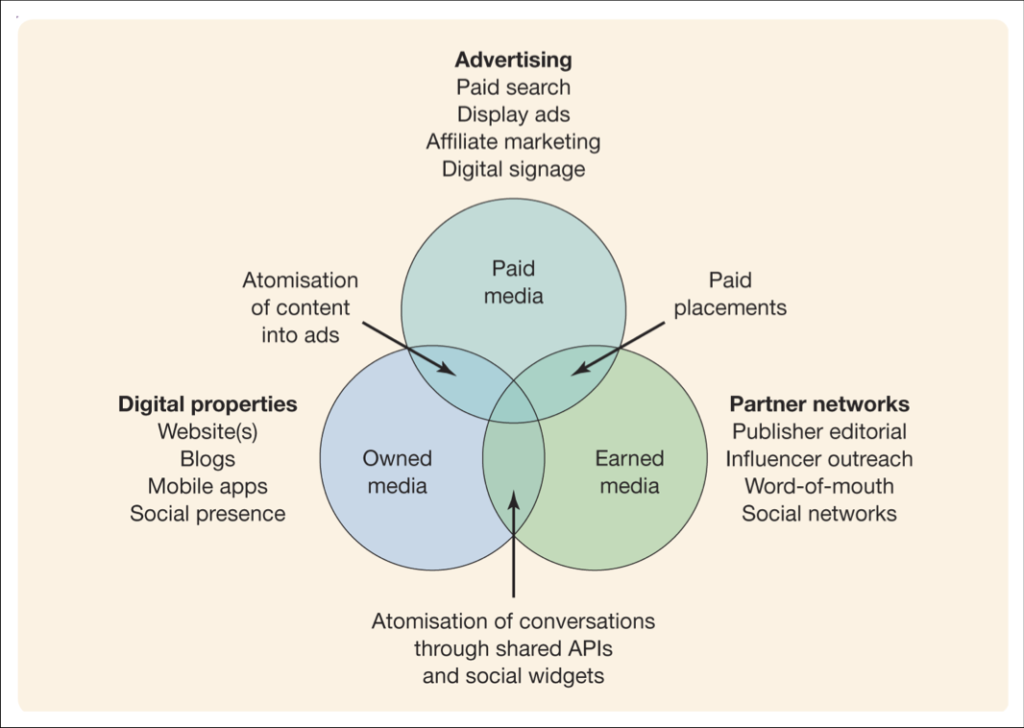The Importance of a Strong Marketing Strategy
In today’s competitive business environment, a well-defined marketing strategy is essential for the success of any company. A marketing strategy outlines the approach a business will take to promote its products or services to its target audience effectively. It serves as a roadmap that guides all marketing efforts and helps achieve specific business objectives.
Key Components of a Marketing Strategy
A robust marketing strategy typically includes the following key components:
- Market Research: Understanding the market landscape, including competitors, customer needs, and industry trends.
- Target Audience: Identifying and defining the ideal customer segments that the company aims to reach.
- Unique Selling Proposition (USP): Communicating what sets the company’s products or services apart from competitors.
- Messaging and Positioning: Crafting compelling messages that resonate with the target audience and positioning the brand effectively in the market.
- Marketing Channels: Determining the most effective channels (such as social media, email, SEO, etc.) to reach and engage with customers.
- Budget and Timeline: Allocating resources efficiently and setting clear timelines for implementation.
The Benefits of an Effective Marketing Strategy
An effective marketing strategy offers numerous benefits to a business, including:
- Increased Brand Awareness: A well-crafted strategy helps raise brand visibility and recognition among target audiences.
- Customer Engagement: Engaging marketing campaigns foster stronger relationships with customers and encourage loyalty.
- Sales Growth: A targeted approach can lead to increased sales conversions and revenue generation.
- Competitive Advantage: By differentiating itself in the market, a company can gain a competitive edge over rivals.
- Data-Driven Decisions: Regular monitoring and analysis of marketing performance allow for data-driven decision-making and continuous improvement.
In Conclusion
A strong marketing strategy is not just a plan; it is a vital tool for businesses looking to thrive in today’s dynamic marketplace. By investing time and resources into developing a comprehensive strategy tailored to their unique goals and audience, companies can position themselves for long-term success and growth.
Essential Insights into Crafting and Understanding Effective Marketing Strategies
- What is a marketing strategy and why is it important?
- How do you develop an effective marketing strategy?
- What are the key components of a successful marketing strategy?
- How can market research help in shaping a marketing strategy?
- What role does digital marketing play in a modern marketing strategy?
What is a marketing strategy and why is it important?
A marketing strategy is a comprehensive plan that outlines how a business will promote its products or services to its target audience effectively. It serves as a roadmap guiding all marketing efforts and plays a crucial role in achieving specific business goals. A well-defined marketing strategy helps businesses identify their target market, differentiate themselves from competitors, and communicate their unique value proposition to customers. By outlining the tactics and channels to be used, setting clear objectives, and allocating resources efficiently, a strong marketing strategy can drive brand awareness, customer engagement, and ultimately lead to increased sales and business growth. In essence, a solid marketing strategy is essential for businesses looking to establish a strong market presence and achieve sustainable success in today’s competitive landscape.
How do you develop an effective marketing strategy?
Developing an effective marketing strategy involves a systematic approach that begins with thorough market research to understand the target audience, competitors, and industry trends. It is essential to define clear objectives and goals that align with the overall business vision. Crafting a unique selling proposition (USP) that differentiates the brand from competitors is crucial. Tailoring messaging and positioning to resonate with the target audience helps in creating impactful marketing campaigns. Selecting the most suitable marketing channels and allocating resources effectively are key steps in implementing the strategy. Regular monitoring, analysis, and adaptation based on performance data are necessary for continuous improvement and success in achieving desired outcomes.
What are the key components of a successful marketing strategy?
When considering the key components of a successful marketing strategy, several crucial elements come to light. Market research plays a fundamental role in understanding the competitive landscape, customer needs, and industry trends. Identifying and defining the target audience is paramount for tailored messaging and effective engagement. A clear Unique Selling Proposition (USP) helps differentiate the brand from competitors. Crafting compelling messaging, selecting appropriate marketing channels, allocating resources efficiently, and setting clear timelines are all essential components that collectively contribute to the success of a well-rounded marketing strategy.
How can market research help in shaping a marketing strategy?
Market research plays a crucial role in shaping a marketing strategy by providing valuable insights into the market landscape, consumer behaviour, and competitor activities. By conducting thorough market research, businesses can gain a deeper understanding of their target audience’s needs, preferences, and pain points. This information enables companies to tailor their marketing strategies to effectively reach and engage with their customers. Moreover, market research helps identify emerging trends, assess the competitive environment, and uncover new opportunities for growth. Ultimately, leveraging the findings from market research allows businesses to make informed decisions, refine their messaging, and develop strategies that resonate with their target market, leading to more successful marketing campaigns and overall business success.
What role does digital marketing play in a modern marketing strategy?
In the realm of modern marketing strategy, digital marketing plays a pivotal role in shaping the way businesses connect with their target audience. With the increasing reliance on digital platforms and technologies, incorporating digital marketing into a comprehensive strategy has become essential for reaching and engaging customers effectively. Through channels such as social media, email campaigns, search engine optimisation (SEO), and online advertising, businesses can enhance brand visibility, drive customer engagement, and generate leads in a cost-effective manner. Digital marketing enables companies to leverage data analytics to track performance metrics, refine strategies based on insights, and stay agile in responding to market trends swiftly. Embracing digital marketing as a core component of a modern marketing strategy empowers businesses to adapt to the ever-evolving landscape and connect with consumers in meaningful ways that drive growth and success.










